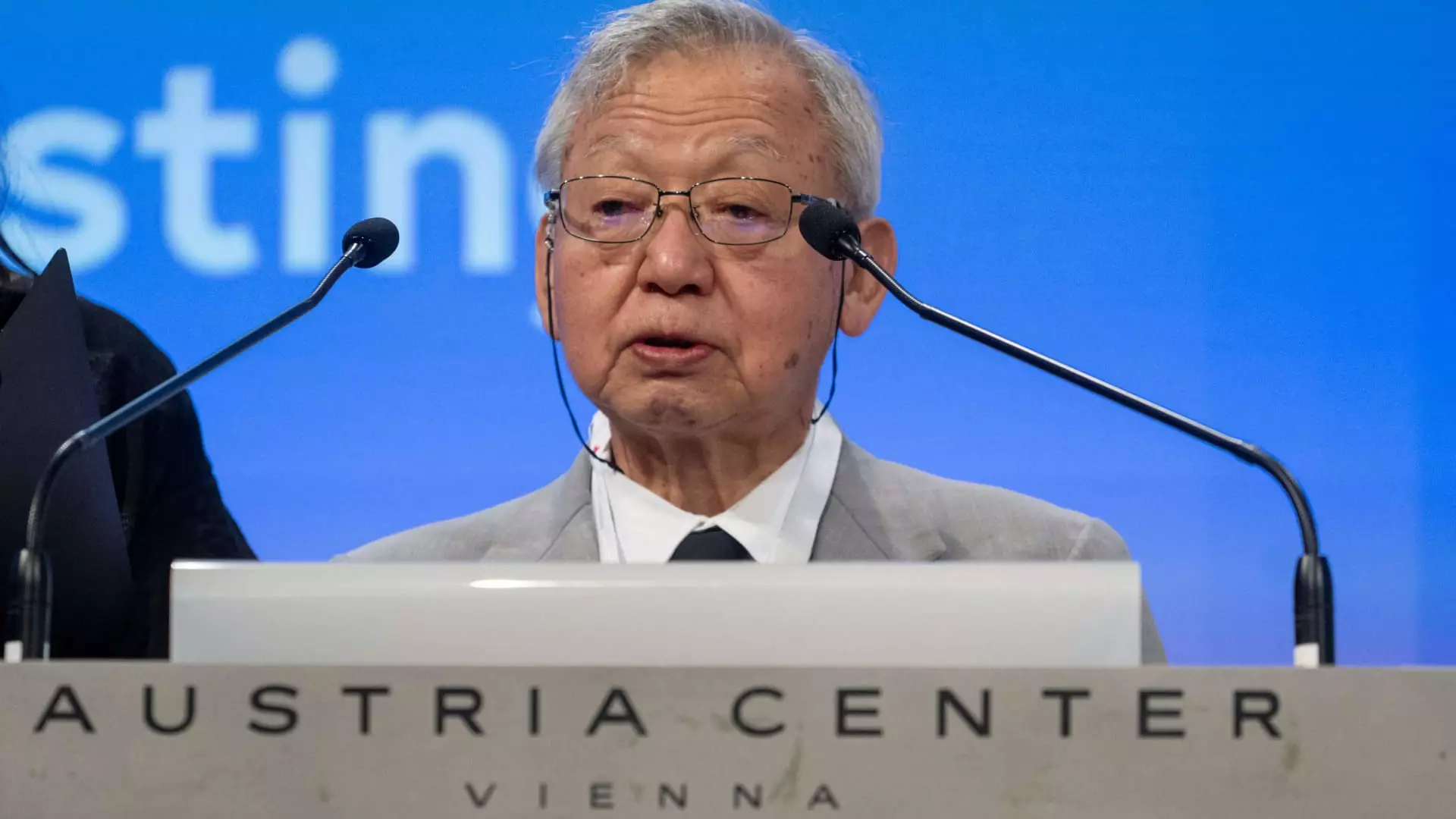On the recent announcement by the Norwegian Nobel Committee, the Japanese organization Nihon Hidankyo has been awarded the Nobel Peace Prize for its unwavering pursuit of a nuclear-free world. Founded in 1956, Nihon Hidankyo emerged from the ashes of the atomic bombings that devastated Hiroshima and Nagasaki in August 1945. This award not only honors the collective efforts of the organization’s members but also highlights the crucial message they have perpetuated for decades—the catastrophic humanitarian consequences of nuclear warfare.
The committee’s recognition reflects a growing global awareness regarding the dangers that nuclear weapons pose to humanity. By amplifying the voices of Hibakusha, the survivors of the bombings, Nihon Hidankyo has played a pivotal role in shaping public discourse and policy surrounding nuclear disarmament. The very notion of a ‘nuclear taboo’—the ethical aversion to the use of such weapons—has, to some extent, been solidified through their relentless advocacy.
Stigmatizing Nuclear Weapons
The committee’s statement pointed out a disconcerting trend: The very taboo that has developed over the years is now facing significant challenges. While it is a commendable fact that no nuclear weapons have been deployed in warfare since World War II, the contemporary geopolitical climate has seen a revival of tensions among nuclear-armed states. This reevaluation of the moral implications surrounding nuclear warfare is alarming and demands urgent attention. Nihon Hidankyo’s work serves as a stark reminder of what is at stake: not only the lives of individuals but the survival of entire nations and ecosystems.
Such recognition by the Nobel Committee rekindles discussions on the complexities of diplomacy and security in a nuclear age. The role of grassroots organizations in influencing policy cannot be understated. Nihon Hidankyo’s pioneering efforts stress the importance of individual stories and lived experiences as catalysts for broader societal change.
The Future of Nuclear Disarmament
As a precursor to the Nobel Prize ceremony scheduled in Oslo on December 10, this award elevates the conversation on nuclear weapons at a time when international tensions are escalating. It is a call to action for both policymakers and citizens around the globe to acknowledge and counteract these unsettling trends. The award not only brings attention to Nihon Hidankyo but also aligns with the broader movements that advocate for peace and disarmament, such as the International Campaign to Abolish Nuclear Weapons (ICAN), which won the Nobel Peace Prize in 2017.
In a world grappling with human rights violations and authoritarian regimes—exemplified by the recognition of Iranian activist Narges Mohammadi—it is imperative that the lessons learned from the tragic history of nuclear warfare guide future actions. The power of collective consciousness, underscored by the advocacy of Hibakusha and organizations like Nihon Hidankyo, remains crucial in our quest for a just and peaceful world.
As the Nobel Prize ceremony approaches, the spotlight falls on the moral imperatives of our time. Nihon Hidankyo embodies hope and resilience in the fight against the perils of nuclear armament, reminding us of the responsibility each generation holds to advocate for a safer, more peaceful future.



Leave a Reply